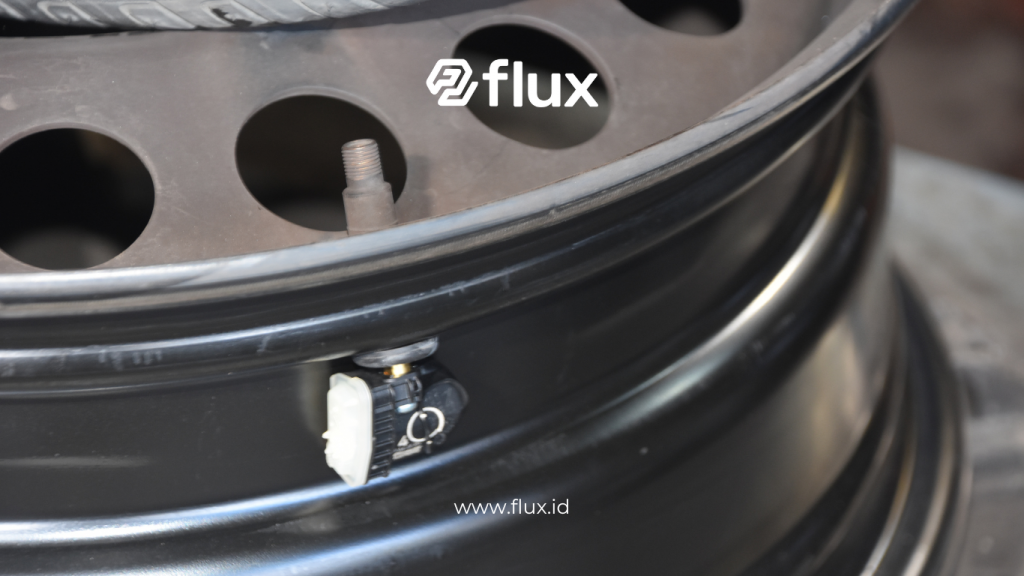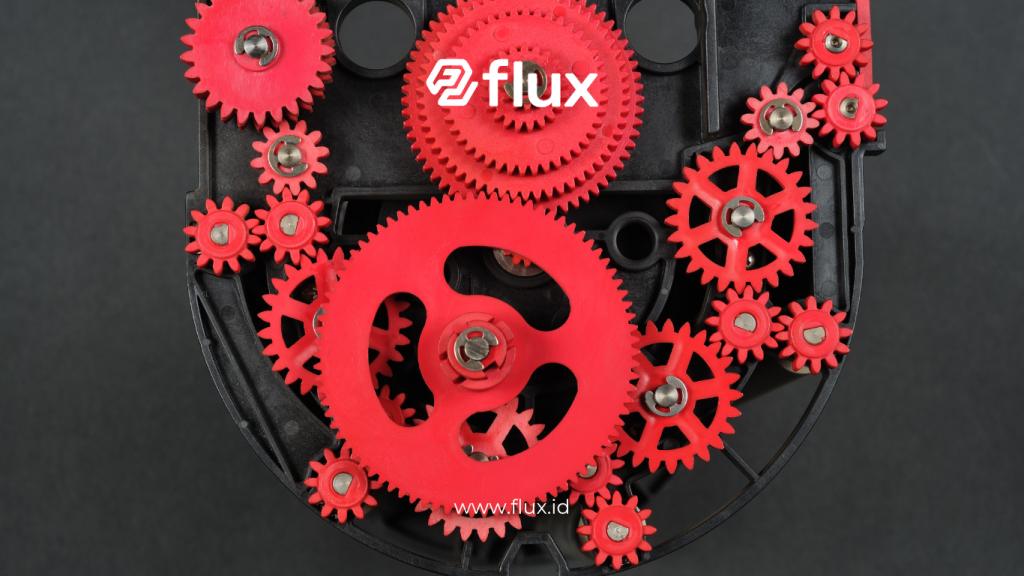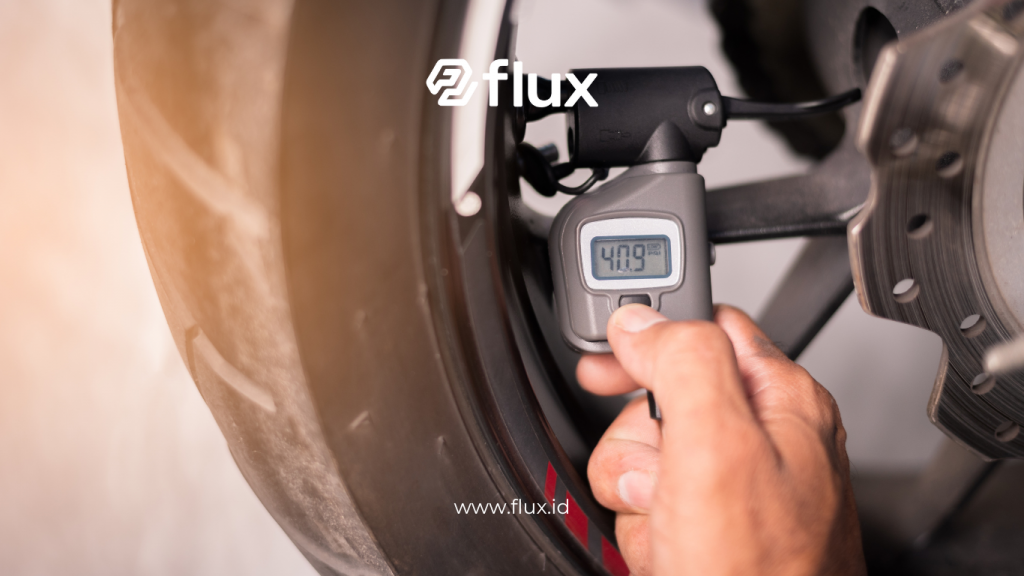Don't miss our holiday offer - 20% OFF!
When it comes to vehicle maintenance, we often think about routine servicing, oil changes, and brake checks. However, there’s one technology that might be overlooked but is crucial: Tire Pressure Monitoring Sensors (TPMS). In this article, we will explore why TPMS is a smart investment for your vehicle’s safety and efficiency.
Contents
What Is a Tire Pressure Monitoring Sensor (TPMS)?

Read More: Vehicle Security: Optimal Control System
TPMS is an electronic system designed to monitor tire pressure in real-time. There are two types of TPMS: direct TPMS and indirect TPMS. Direct TPMS uses sensors mounted in each wheel to measure tire pressure directly, while indirect TPMS utilizes sensors in the ABS system to estimate tire pressure based on wheel rotation speed.
Why Is TPMS Important?
- Driving SafetyOne of the main reasons to invest in TPMS is safety. Under-inflated tires can lead to various issues, including loss of control, aquaplaning, and even accidents. With TPMS, you receive an early warning when your tire pressure drops below safe levels, allowing you to take action before the problem becomes serious.
- Fuel EfficiencyUnder-inflated tires increase friction with the road, which can reduce your vehicle’s fuel efficiency. With TPMS, you can ensure that your tire pressure is always optimal, helping you save money on fuel and reduce carbon emissions.
- Tire LongevityIncorrect tire pressure can also shorten the lifespan of your tires. Over-inflated or under-inflated tires will wear unevenly, leading to premature tire replacement. With TPMS, you can maintain proper tire pressure and extend the life of your tires.
How TPMS Works

Read More: Understanding How Proximity Sensors Work: Essential Technology in Industrial Automation
TPMS works by monitoring tire pressure and sending data to the vehicle’s control unit. If the tire pressure drops below a certain threshold, the system will alert you through a warning light on the vehicle’s dashboard. For direct TPMS, sensors inside each tire directly measure pressure and temperature. For indirect TPMS, the system uses ABS sensor data to estimate tire pressure based on wheel speed.
Benefits of Using TPMS

Read More: The Benefits of Proximity Sensors in Everyday Life: From Smartphones to Smart Vehicles
- Early WarningTPMS provides early warnings when your tire pressure is not within manufacturer specifications. This helps you avoid potential issues before they become dangerous.
- Real-Time MonitoringWith TPMS, you can monitor tire pressure in real-time without manual checking. This added convenience ensures that your tires are always in optimal condition.
- Cost SavingsBy avoiding uneven tire wear and improving fuel efficiency, TPMS helps you save on maintenance and fuel costs.
Installing and Maintaining TPMS

Read More: How Weather Sensors Support Park Departments: Technology and Benefits for Better Park Maintenance
- InstallationTPMS installation should be done by a qualified technician. For direct TPMS, sensors will be installed in each wheel. For indirect TPMS, installation typically involves reprogramming the ABS system.
- MaintenanceTPMS maintenance includes regular checks and sensor replacements. Additionally, ensure system recalibration whenever you replace tires or perform major vehicle service.
Troubleshooting TPMS Issues
- TPMS Light OnIf the TPMS light illuminates on your dashboard, check your tire pressure and ensure it meets manufacturer specifications. If the issue persists, there may be a problem with the TPMS sensor that needs to be inspected by a technician.
- Incorrect ReadingsOccasionally, TPMS may provide inaccurate readings. This could be due to a faulty sensor or system issues. If you suspect a problem, take your vehicle to a service center for further inspection.
Conclusion
Investing in Tire Pressure Monitoring Sensors (TPMS) is a smart move to ensure your vehicle’s safety, efficiency, and longevity. By providing early warnings about incorrect tire pressure, TPMS helps you avoid serious issues, save on fuel costs, and extend tire life. Proper installation and maintenance of TPMS are essential to keep your vehicle in top condition. Consider TPMS as a vital part of your vehicle maintenance routine.





